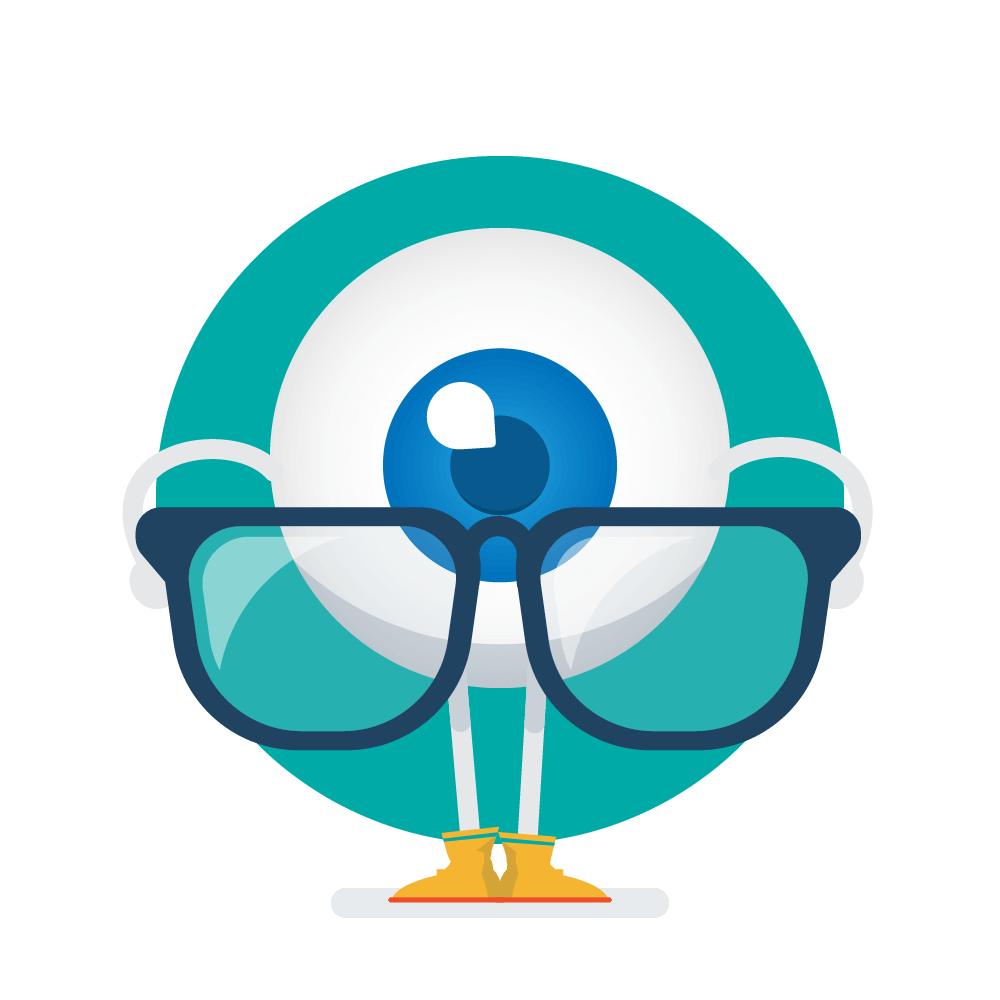A person with developmental dyslexia (DD) has severe and persistent problems in learning to read skills. This impairment is not associated with mental age, vision acuity difficulties, or inadequate education. There are an estimated 3.5 percent of students with reading disorders receiving special education services.
While dyslexia and vision are not related, there is a common theme in that both of them show similar symptoms. And therefore many students who have difficulty with reading are assumed to be dyslexic when in fact they are dealing with a vision issue. Aproximately 15% or more of children will have a developmental vision problem that is severe enough to impact their ability to read.
This is why we strongly urge parents to bring their child for a developmental vision evaluation if they suspect or were diagnosed with Dyslexia. In that way they can rule out that the symptoms that they are seeing are not vision related.
What is Dyslexia?
Dyslexia is a learning disability that is particularly known for affecting reading and spelling. It affects the brain, not the eyes, and is highly genetic. Dyslexia has numerous types and can vary widely in severity. Basically, dyslexia is a problem with matching visual and auditory information, also known as decoding.
Many students report that they have difficulty decoding and encoding, which means they can look at the word and come up with the right spelling, but do not understand what it means. Such individuals fall into the category of being dyslexic, as it is a common symptom of dyslexia. However, it is necessary to conduct all the additional tests that can help determine if it's dyslexia or if it's a problem with decoding or encoding. It could also be a vision issue.
Why is a Comprehensive Eye Exam Vital for a Dyslexic Patient?
Some patients have dyslexia but are told by their eye doctor that they need an eye exam even if they have dyslexia. It is very important for a child to undergo a developmental eye examination because it will allow them to determine if they have visual problems that might interfere with their understanding of their learning, or if they have body-vision problems that may make it difficult to understand orientation and relate to letters and numbers.
Schedule a Developmental Eye Exam
Having your child's eyes examined is recommended if they have dyslexia or if you suspect that they have dyslexia. Our optometrists have helped children who are struggling with reading and classroom performance by identifying underlying vision problems that are causing their difficulties. Most optometrists do not perform developmental eye exams, so finding a specialist is necessary to determine the cause of their symptoms and the best treatment options.










